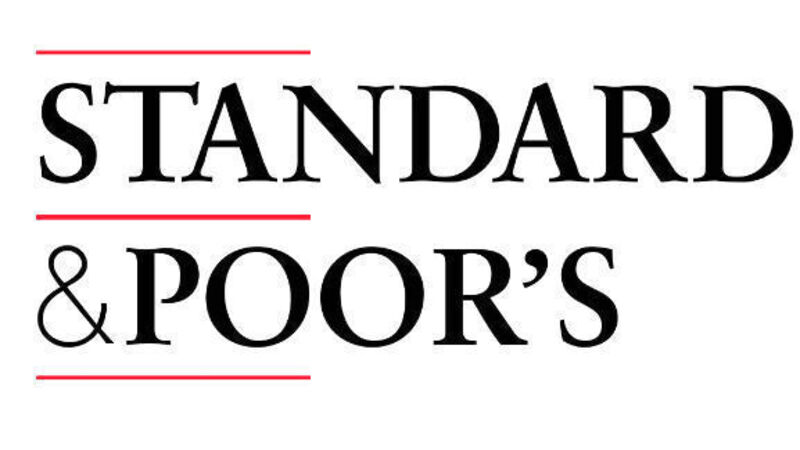S&P eyes government support as it downgrades BoI

In a review of European banks, ratings agency S&P examined 75 banks, of these 15 were revised down including Bank of Ireland, while the ratings agency maintained its negative outlook on 38 banks.
Key to the decision in downgrading Bank of Ireland and maintaining the negative outlook on the other Irish banks is down to a normalisation in the degree of support that governments are giving to banks.
















